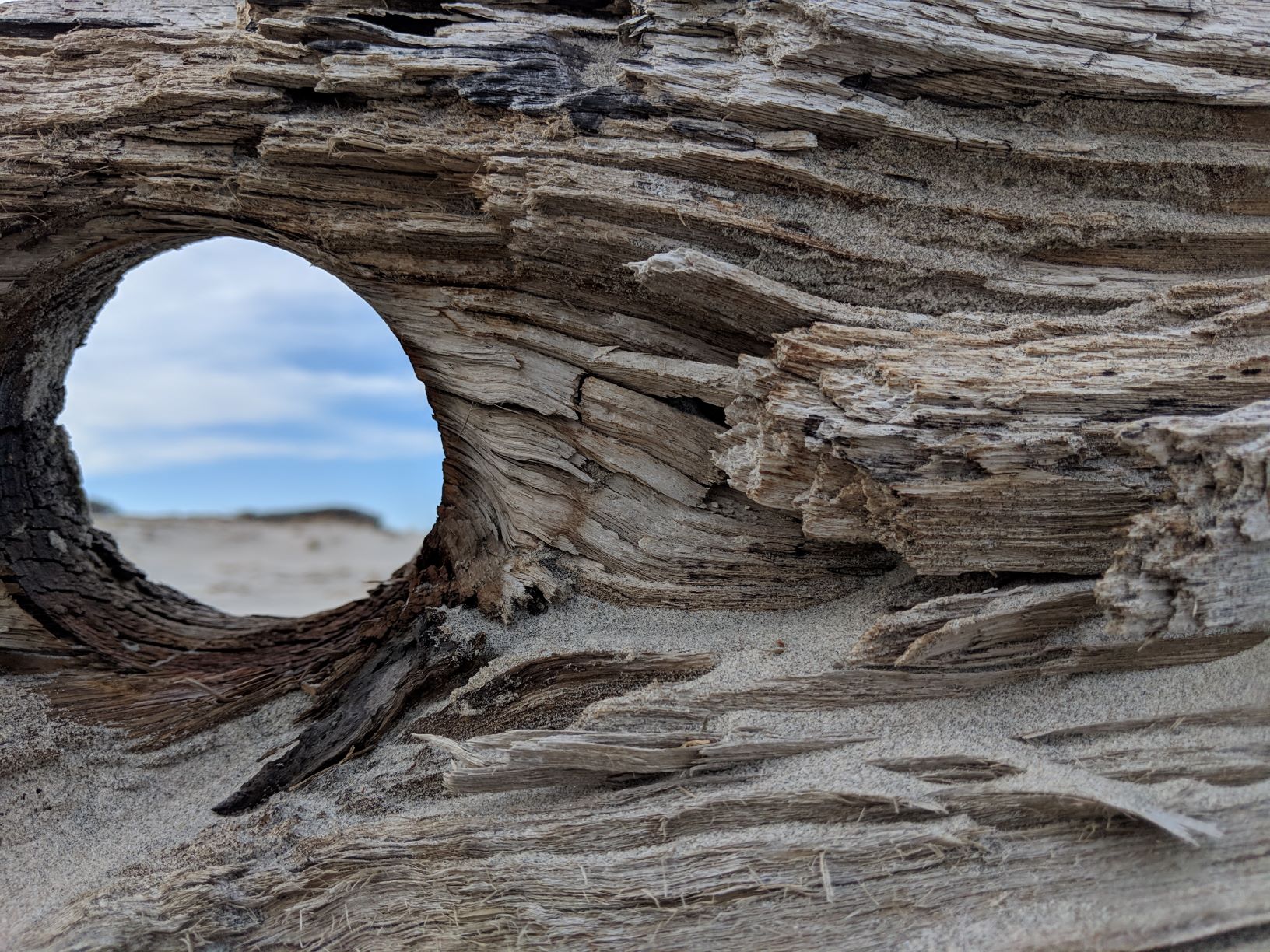
The market rate for wheat today is $9.08 per bushel. A bushel of wheat weighs 60 pounds. That’s just over 15 cents a pound.
Where did the “stuff” of the wheat come from? Water, mostly rainfall, and carbon dioxide, which well, we have more than plenty to spare. Water molecules are split, the oxygen drifts off, and the remaining pieces are knit with carbon dioxide to form the stuff that keeps all of us alive.
Truly miraculous.
A pair of AirPod Pros weighs 0.19 ounces, and checks in at $249, a bit over $20,000 per pound, and it won’t do any good to water it.
For the price of a pair of earbuds, you can get 3/4 tons of wheat.
The “miracle of the five loaves and two fish” is, of course, a parable, the only miracle story found in all four Gospels, and most folks in these parts know more about the story of Apple than the story of wheat. Farmers do the work of Jesus every fookin’ day.
I get about 50 loaves of bread for every bushel of wheat I buy. One AirPod Pro gets you enough wheat for 80,000 loaves of bread.
There’s a parable there somewhere.




